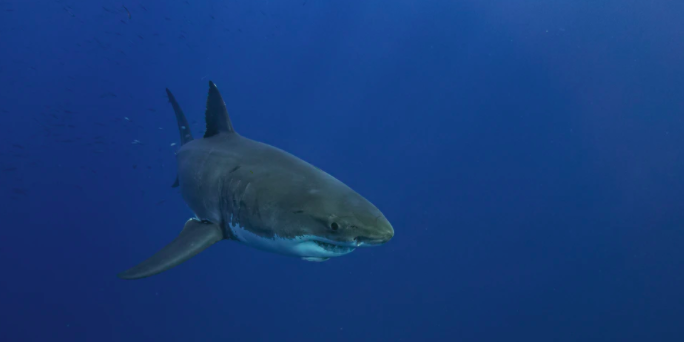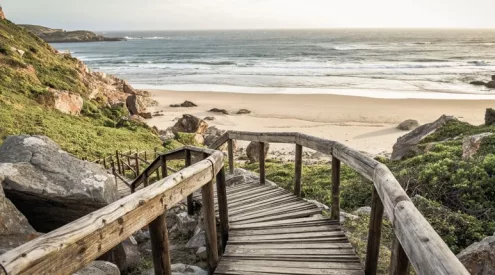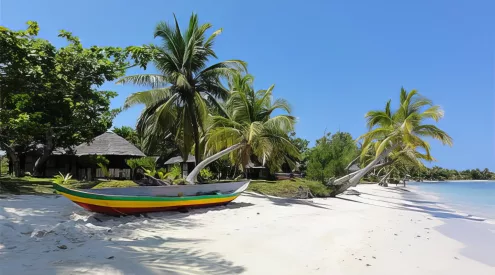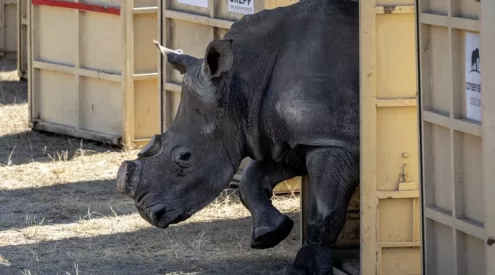Surfers and other water sports enthusiasts in the Garden Route area are urged to be cautious as increased shark activity has been reported. The National Sea Rescue Institute (NSRI) issued a warning, stating that the increase of sharks at this time of the year is part of the normal aggregation of these animals. They are taking advantage of natural prey like seals and fish close to shore.

Increased numbers of sharks have been reported along the southern Cape coastline.
‘A large amount of shark sightings and some encounters have been reported close in shore along the Plettenberg Bay coastline over the past few weeks and today [21 June],’ NSRI spokesperson Craig Lambinon said in a statement.
This is good news as the great white shark population has been estimated to be on a decline. Genetic testing was done by marine biologist Sara Andreotti from Stellenbosch University. Her team found that a sample of the breeding population of one generation of sharks was around 300 individuals.
‘To maintain a population, you need more than 500,’ Andreotti told CNN.
In 2019, The City of Cape Town spoke about the disappearing great white population in False Bay. In a statement made last year the City said, ‘The City and the Shark Spotters applied research programme have been monitoring white shark activity and behavioural ecology in False Bay since 2004.
‘Between 2010 and 2016, spotters recorded an average of 205 white shark sightings per year at their operating beaches during the spring and summer period. However, in 2018 the total number of shark sightings recorded fell to only 50, and this year there has not been a single confirmed white shark sighting by the spotters.
‘Neither has the Shark Spotters applied research programme detected any of the tagged white sharks on their tracking receivers since 2017.’
This could be due to overfishing and accidental catching in fish nets, among other factors, according to National Geographic. These apex predators are listed as ‘vulnerable.’
Image credit: Unsplash
















